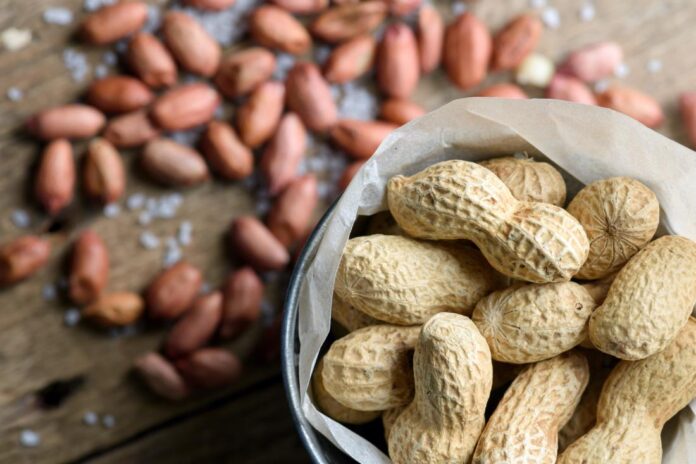In cold weather, it’s like eating peanuts immediately after they appear, but patients with diabetes avoid eating them. They are afraid that they will increase their sugar intake. Diabetics pay close attention to their diet and must ensure they are not consuming any food that will increase their blood sugar. Many people with diabetes or other chronic conditions avoid eating nuts. However, many people believe nuts can raise cholesterol levels and even cause weight gain. This person thought it was all a lie.
Sugar sufferers will also find it beneficial to eat nuts in moderation. Patients with diabetes can find nuts very beneficial. Many dietitians advise patients to include nutritious foods into their diet.
Nutrients in Peanuts
You probably know that nuts provide you with nutrients such as walnuts and almonds. It is very good for your health. For a lower price, you can get more nutrients from nuts rich in fiber, protein, magnesium and phosphorus. Peanuts are great for people who have high cholesterol and/or high blood pressure.
Also, read: The Herbal Tea for Lungs: This herbal herb tea will clean your lungs and protect them against pollution.
How can you include nuts in your diet
Peanuts are very good for your health. Peanut butter is also a good option. You can also make peanut butter from peanuts. A handful of nuts per day can be very beneficial to people who are sensitive to sugar. You should limit your intake of peanuts or you could become constipated, and then you might gain weight.
Why are diabetics restricted from eating nuts?
Peanuts are low in glycemic intensity (GI). You can calculate how quickly food can raise your blood sugar. Patients with diabetes should eat low glycemic loads. Nuts are an excellent source of fiber, protein and other nutrients that can help you to control your weight. A 2013 study showed that nuts can help reduce the chance of type 2 diabetes in obese women.


























